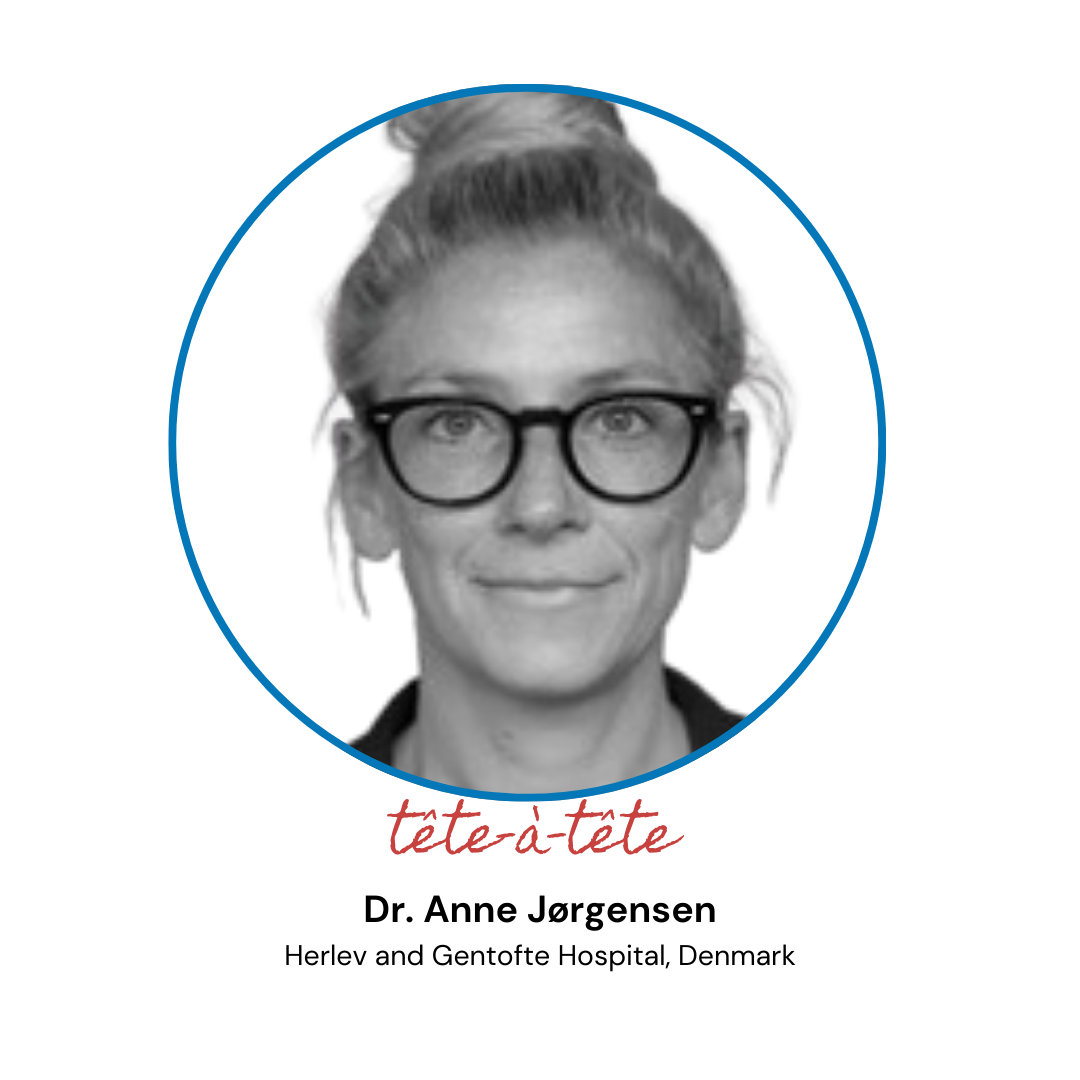Get to know Dr. Anne Jørgensen, one of the plenary speakers at the upcoming 17th NYRA Meeting. Dr. Jørgensen is a Senior Researcher at Herlev and Gentofte Hospital in Denmark. Her current research focuses on mechanisms leading to the arrest of normal fetal gonocyte differentiation and development of GCNIS cells using an ex vivo culture model of human fetal testis. In particular, the mechanisms that normally secure correct differentiation from gonocyte to pre-spermatogonia are investigated.
- When and why did you decide to work in the field of reproductive biology?
To be honest, that was a bit of a coincidence. When I started out as a Ph.D. student, I was supposed to work on a project aiming to establish new experimental models to determine effects of environmental chemicals. However, while identifying relevant reproductive endpoints, I became fascinated by the topic and decided to revise my project to pursue a PhD in developmental and reproductive biology. Luckily, my supervisors were very supportive, and I have been fortunate to work within this research area ever since.
- Could you share a moment of challenge in your career, and the lessons you learned from it?
I think most researchers continuously meets challenges in the form of rejected manuscripts, grant applications, and especially the uncertainty for the entire team if you do not manage to secure funding. Fortunately, there is always an opportunity to learn from the critique and improve your grant or manuscript. So, as a scientist it is important to stay motivated and be persistent.
- What has been the greatest success in your career so far?
I am a person that loves the laboratory and its possibilities to experimentally explore ideas and observations. So, for me the greatest successes and most wonderful moments in science have been when I have succeeded in establishing a novel technique. For example, the moment when I realized that the ex vivo culture approach for human fetal gonads, which I had optimized and refined for such a long time was finally working efficiently and consistently – that was amazing.
- What advice would you give to young researchers?
Work on projects that you find fascinating. Collaborate with people you find inspiring. Help people that ask for your advice. Stay curious and courageous – and most importantly, enjoy what you are doing.

